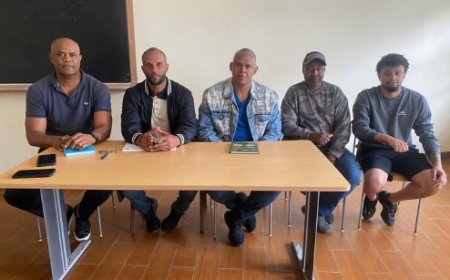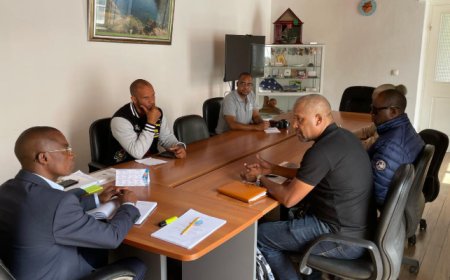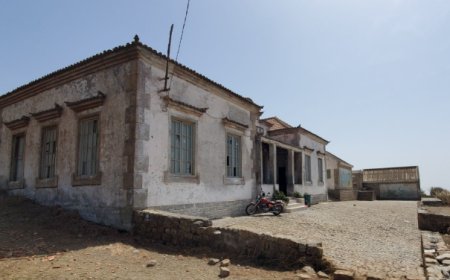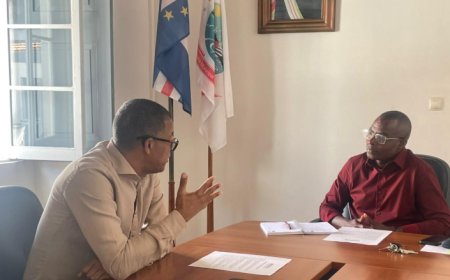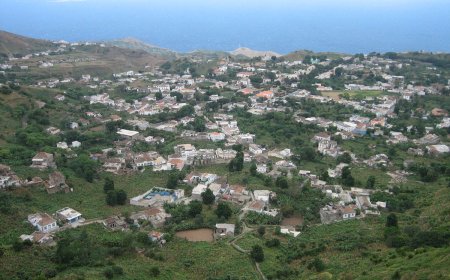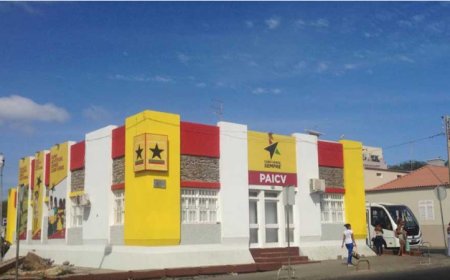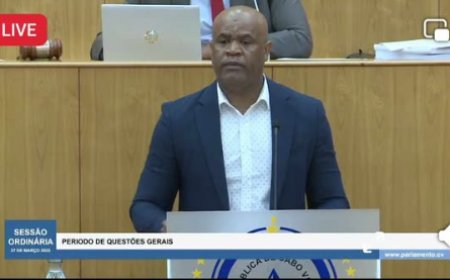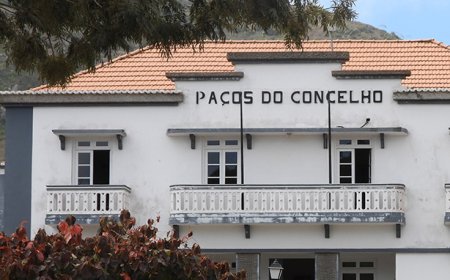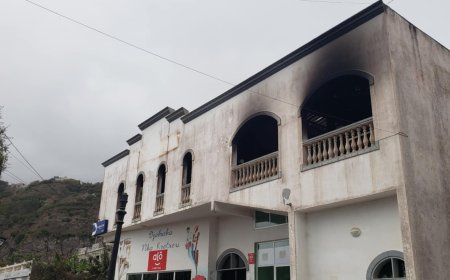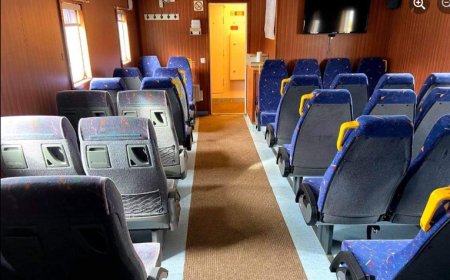Do emigrant remittances and material support sustain or stifle the development of Ilha Brava?
Nova Sintra, April 10, 2025 (Bravanews) - For centuries, Ilha Brava has maintained an umbilical bond with its diaspora, with the financial and material remittances of emigrants appearing to be a fundamental pillar of its economy and the livelihood of many families. However, a crucial question is emerging in the public debate.
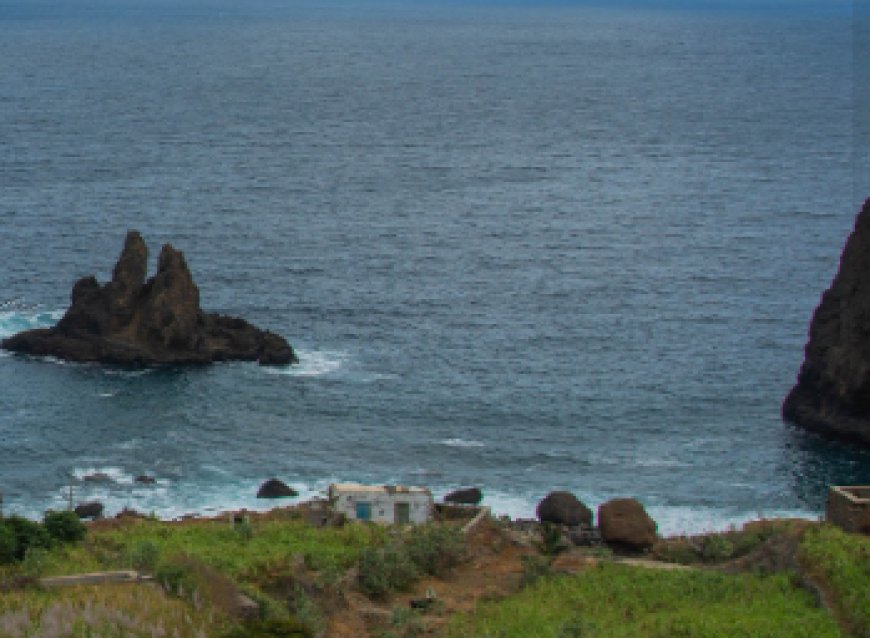
After so many decades of dependence, is Brava finally ready to tread a path of self-sufficiency, gradually detaching itself from this external aid? An in-depth analysis of the impacts of remittances on the island is imperative in order to discern whether they effectively boost sustainable development or, paradoxically, perpetuate a cycle of dependency.
Remittances from Bravesian emigrants, mainly scattered throughout the United States and Europe, undeniably represent a vital source of foreign currency and a crucial social buffer for the island. These funds have contributed significantly to local consumption, to building and improving housing, to financing education and health, and to supporting families in vulnerable situations. In times of crisis or economic hardship, the constant flow of money and consumable goods from abroad has been a lifeline for many Bravenses, preventing an even greater collapse of the local economy.
However, the longevity of this dependency raises pertinent questions about its long-term impact on Brava's development. One of the main concerns lies in the potential creation of a culture of dependency, where the expectation of receiving external aid may, to some extent, discourage the search for endogenous solutions and the exploitation of local resources. If the island's economy remains artificially inflated by remittances, there may be less pressure to diversify economic activities, invest in productive sectors such as agriculture and fishing, and create sustainable jobs for the local population.
Agriculture, for example, a sector with potential on the Brava, especially now with the promise of more water, may not receive the necessary investment and attention if families rely heavily on remittances for their livelihoods. Similarly, the development of sustainable tourism, which could generate direct and indirect income and jobs, may be neglected in favor of the convenience of foreign aid. The central question is whether the ease of access to remittances isn't putting entrepreneurship and local innovation to sleep.
Another crucial point to analyze is the inherent volatility of remittances. Economic factors in host countries, changes in immigration policies or even global crises can significantly affect the flow of money and other goods to Brava. Excessive dependence on these external sources makes the island's economy vulnerable to external shocks that are beyond its control. Economic diversification and the creation of a more robust local production base could mitigate these risks and ensure greater economic resilience in the long term.
The debate about Brava's "readiness" to move on without this aid is complex and multifaceted. Abruptly disconnecting from remittances would have devastating social and economic consequences in the short term. However, it is essential to begin serious reflection and strategic planning for a gradual transition towards greater self-sufficiency. This process would involve investing in sectors with growth potential, supporting local entrepreneurship, improving infrastructure, empowering the population and creating a favorable business environment.
The Bravense diaspora continues to be a valuable asset for the island, but its contribution can go beyond financial remittances. The knowledge, networks and direct investment of emigrants in local projects can play a crucial role in diversifying the economy and creating sustainable opportunities. Encouraging diasporic investment in strategic sectors such as tourism, niche agriculture and renewable energies could generate a more lasting impact on the island's development.
In the final analysis, the issue is not to reject emigrant aid, which has been essential for the survival and well-being of many Bravenses throughout history. The fundamental question is to critically analyze whether the excessive dependence on these remittances is allowing Brava to reach its full development potential. The time has come to start a deep and inclusive dialogue about the island's economic future, exploring strategies to strengthen its local productive base and build a more autonomous and resilient future, where the contribution of the diaspora manifests itself in more diverse and sustainable ways.
MS





